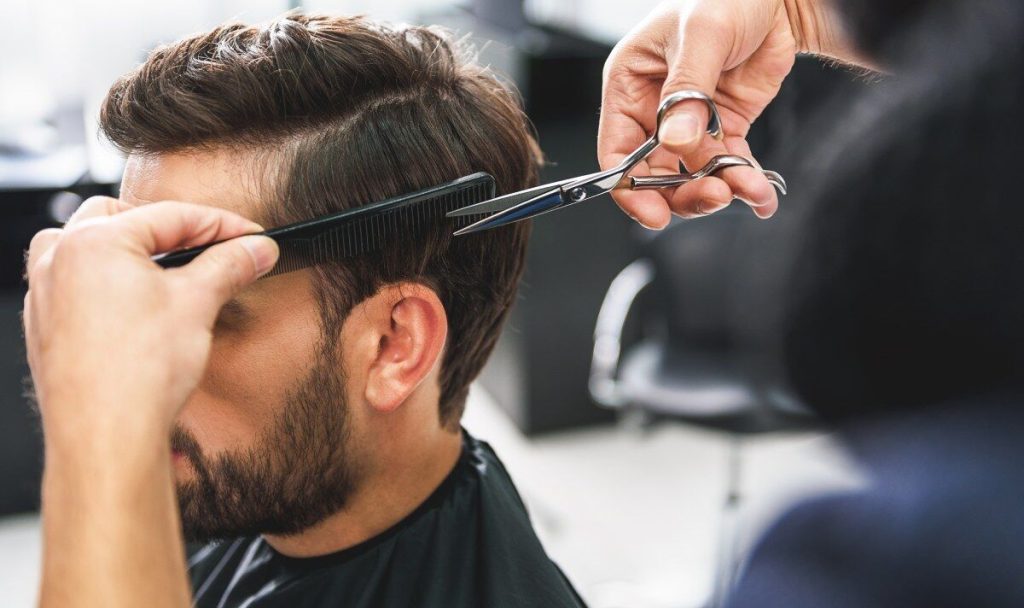
Millions of Brits admit they hate change – but many recognise this could be holding them back, according to a study. The poll of 2,000 adults found half wish they were more spontaneous, as 41 percent acknowledged they are “a creature of habit”.
However, 32 percent fear they’ve missed out on new experiences and opportunities because of their reluctance to break the mould.
It emerged that 37 percent have had the same haircut “for as long as they can remember”, while 30 percent won’t deviate from a certain style of clothing.
Meanwhile, 23 percent have been hanging out with the same group of people for years, and 23 percent stick to the TV shows they know and love – while over a fifth (22 percent) will also always order the same drink at the pub.
The study was commissioned by TePe, as part of a campaign raising awareness about the importance of good oral health.
It found 26 percent of adults lack the confidence to try new things – and 14 percent worry their attitude to change will negatively affect their health.
And while 61 percent feel like they have at times been “stuck in a rut”, 34 percent recognise making small changes is a great way to shake themselves out of it.
In addition, 27 percent have even pushed themselves to try something new in order break the mould.
The oral care brand has teamed up with behavioural psychologist, Jo Hemmings, to highlight how small changes to daily habits can improve health and wellbeing.
She said: “People are reluctant to change for a number of reasons – including fear of the unknown or a loss of control, attachment to familiar habits, previous negative experiences, or confirmation bias, where they are simply resistant to change.
“Or, they may be risk-averse people by nature. However, embracing change gives us opportunities to become more adaptable and resilient, to achieve personal growth and development, and prevent us getting stuck in unhealthy habits.
“It also can act as a preventative measure for health issues that may occur further down the line.
“Taking on new experiences can improve our perspective on life, help us be more empathetic, and keep us motivated.
“When we open our minds, and are at least willing to consider small changes, the net effect can be an overall improved level of wellbeing.”
The study also identified a lack of awareness when it comes to oral health and possible implications of not looking after it.
While 80 percent feel their oral health routine is effective, 75 percent fail to floss, and 67 percent of those polled don’t clean between their teeth daily.
Over time, plaque build-up between the teeth can lead to cavities, gum disease, and possibly even tooth loss, which can also have negative consequences for general health and wellbeing – with studies linking poor dental hygiene to conditions such as diabetes, arthritis, and heart disease.
Amanda Sheehan, dental therapist for TePe, said: “It is understandable that many people are apprehensive about changing their daily habits – including their oral care routine.
“However, oral health is intrinsically linked to our overall wellbeing, and it is clear from the survey findings that greater education about how to look after our teeth and gums is needed.
“It is not enough for adults to simply clean their teeth with a traditional toothbrush.
“This, in fact, only cleans up to 60 percent of the tooth’s surface, leaving behind a perfect breeding ground for harmful bacteria to develop between the teeth.
“Because most dental disease starts between the teeth where food and plaque accumulate, along with regular dental appointments and brushing teeth twice a day, it’s important to clean between the teeth daily, using floss or interdental brushes.
“In turn, incorporating interdental cleaning as part of your routine will surely then become a “habit” that becomes hard to break.”

 Latest Breaking News Online News Portal
Latest Breaking News Online News Portal




